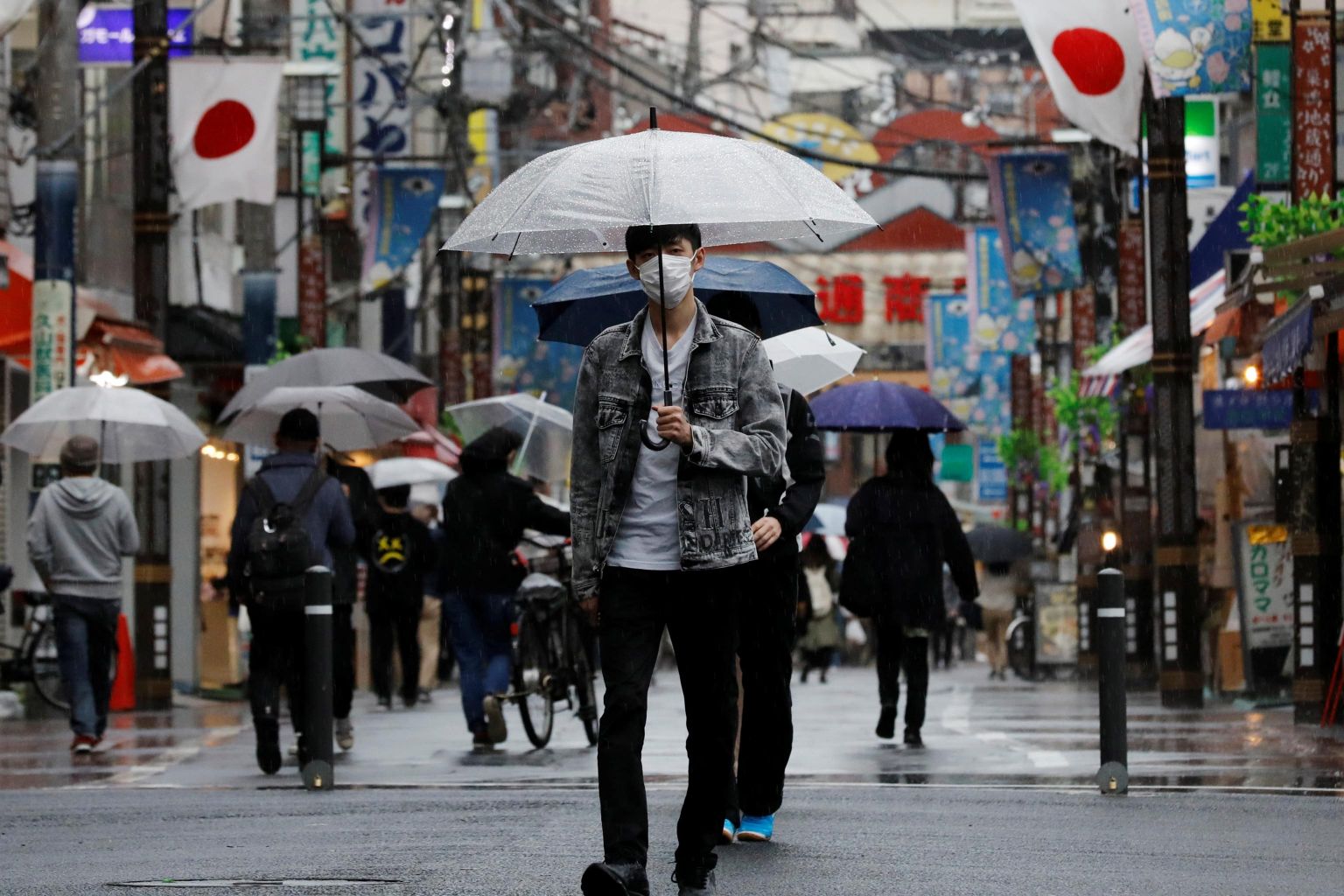Japan's household spending growth hits record as demand returns
Sign up now: Get ST's newsletters delivered to your inbox

Some analysts are worried the world's third-largest economy may slide back into technical recession in the current quarter.
PHOTO: REUTERS
Follow topic:
TOKYO (REUTERS) - Japan's household spending jumped in April the most in at least two decades as consumers splurged on cars, clothing and beauty services, though the gains were inflated in part by the sharp comparison to last year's pandemic-driven plunge.
An extension of state of emergency restrictions in Tokyo and other major areas has hurt the outlook for Japan's economy, which already fell back into contraction in the first quarter due to weak consumer and business spending.
Household spending rose 13.0 per cent year on year in April after a 6.2 per cent rise in March, government data showed on Friday (June 4), beating a median market forecast for a 9.3 per cent gain.
The jump was largely a rebound from a sharp contraction in April last year, when household spending slumped 11.1 per cent due to a nationwide state of emergency imposed to combat the initial hit from the pandemic.
Still, the rise was the biggest since comparable data became available in January 2001, a government official said.
"The current state of emergency started from April 25 so its impact on spending was not so big," said Mr Takumi Tsunoda, senior economist at Shinkin Central Bank Research Institute.
"It affected spending only in the last week of April, but its impact may be a bit larger in May."
The month-on-month figures posted a small 0.1 per cent rise, compared with a forecast of a 2.2 per cent decline.
Spending on items that suffered heavily from the first state of emergency last year rebounded, such as cars and gasoline, formal clothing, beauty salons and commuter rail passes.
While the rise was larger than expected, it was unlikely to dispel worries that Japan will lag recoveries seen in other major economies, with data on Thursday showing activity in the services sector shrank at a faster pace in May due to the impact from the emergency curbs.
Some analysts are worried the world's third-largest economy may slide back into technical recession in the current quarter, defined as two straight quarters of contraction, as weakness in consumer sentiment persists longer than originally thought.
But others say it remains too early to tell whether the country's second-quarter economic growth will turn negative due to the extended emergency curbs, saying they are suppressing consumer spending less than previously was the case.

